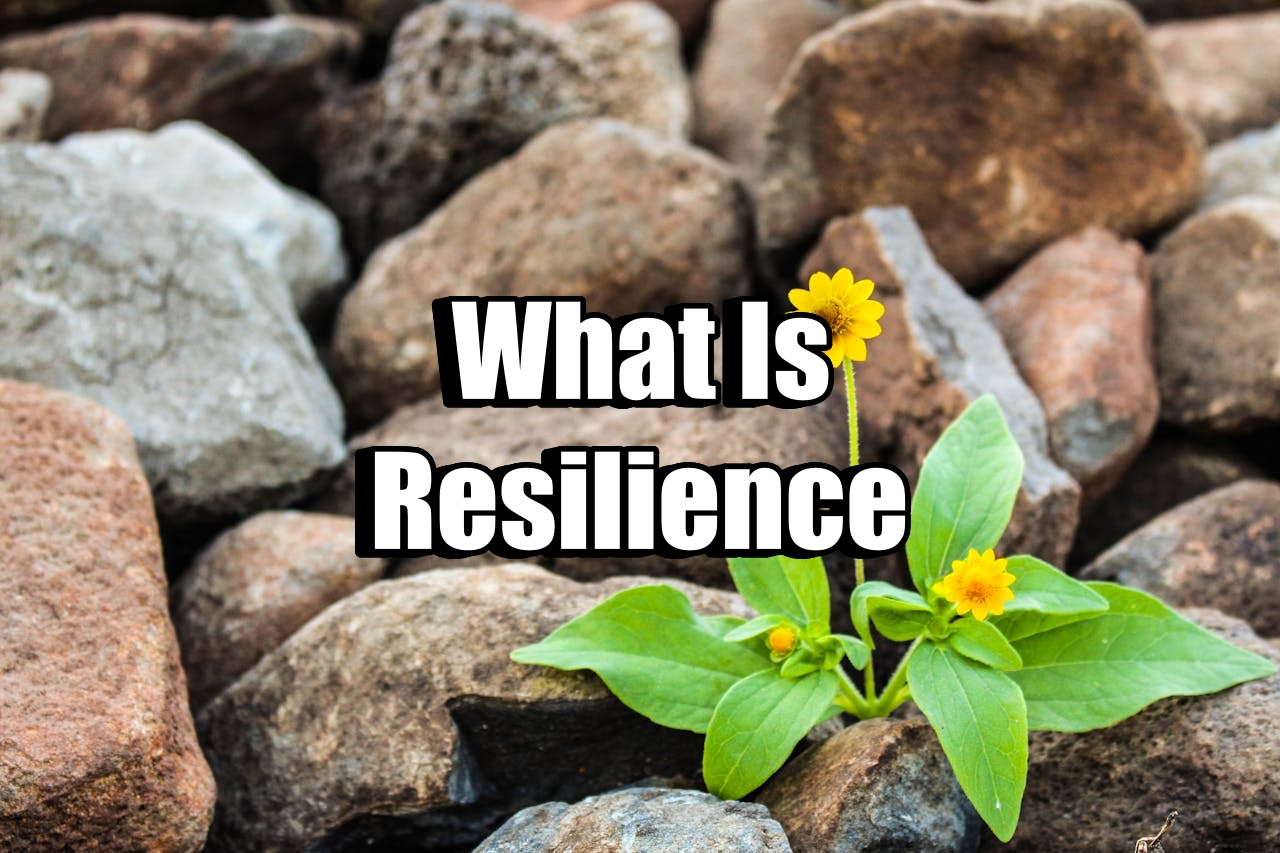Skip to content
What Is Resilience?
Resilience is the ability to adapt, recover, and grow stronger in the face of adversity. It’s not about avoiding challenges but about navigating them with courage and determination. Life inevitably presents setbacks—whether personal, professional, or emotional—and resilience is the inner strength that allows us to keep moving forward.
At its core, resilience involves three elements:
-
Adaptability – the capacity to adjust when circumstances shift.
-
Emotional Strength – the ability to regulate emotions during stressful situations.
-
Growth Mindset – the belief that difficulties can be opportunities for learning and development.
Resilience doesn’t mean you never feel stress, sadness, or frustration—it means you acknowledge those emotions while choosing not to be defined by them. Think of it like a muscle: the more you exercise it through challenges, reflection, and persistence, the stronger it becomes.
Building resilience requires intentional effort. Key practices include:
-
Cultivating self-awareness to recognize emotional triggers.
-
Developing problem-solving skills to face obstacles creatively.
-
Strengthening support networks of friends, family, or mentors.
-
Maintaining a hopeful outlook that keeps you focused on possibilities instead of limitations.
Resilient individuals are not those who avoid failure but those who rise after falling. They transform obstacles into stepping stones, using hardship as fuel for growth. In today’s fast-changing world, resilience is not just a personal trait—it’s a vital life skill that empowers individuals and organizations to thrive.
Ultimately, resilience is about more than survival—it’s about renewal. It equips us to bounce back stronger, wiser, and more prepared for future challenges.

No responses yet